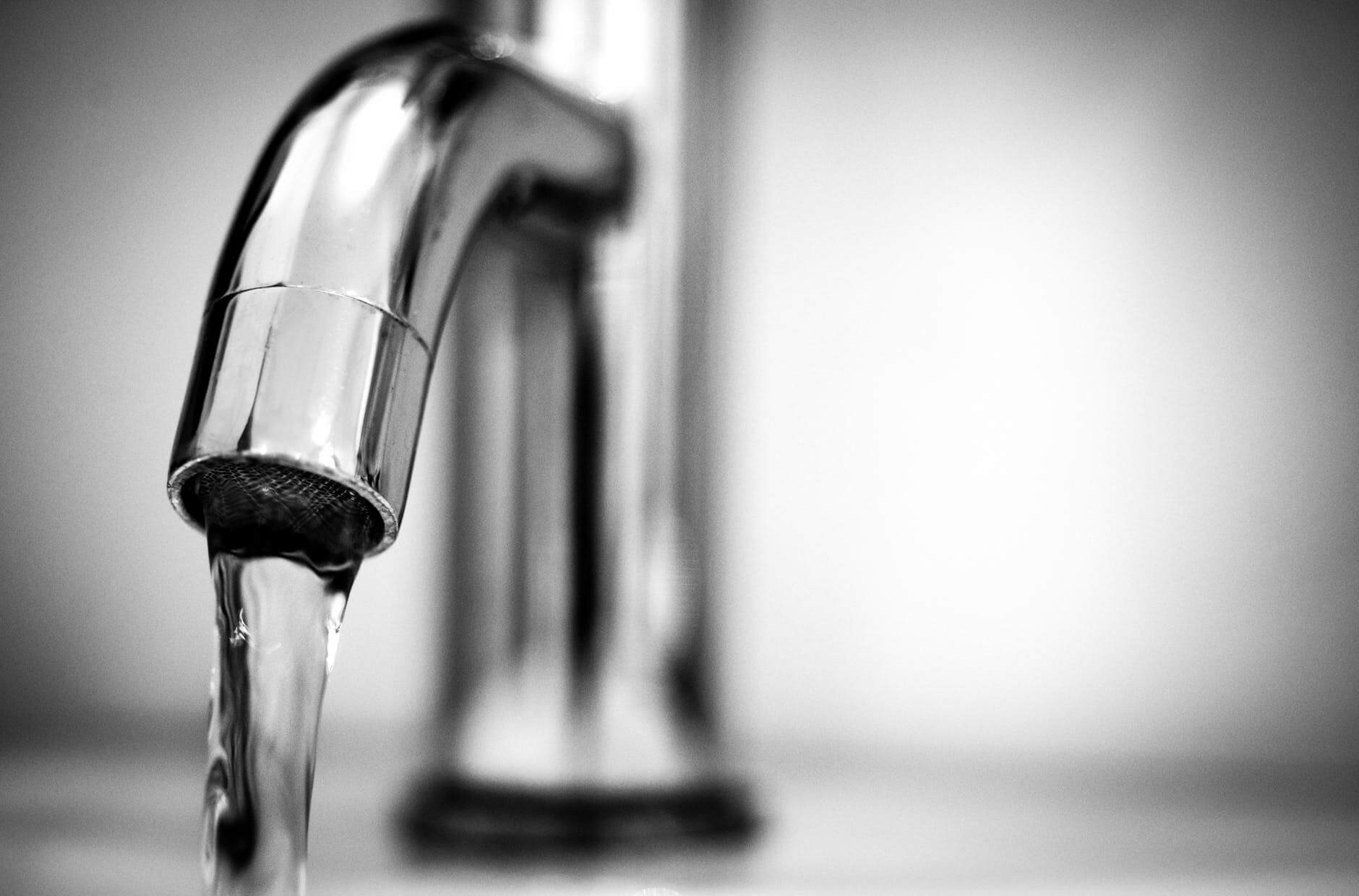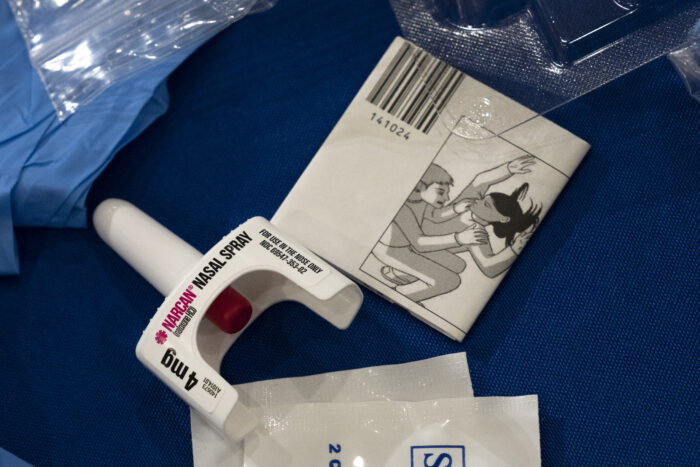
Clean drinking water is vital for every resident of Maryland. After decades of insufficient investments in drinking water systems and wastewater infrastructure around the country, we have recently seen stark reminders of how important clean water truly is. Lead-contaminated drinking water in Flint, Mich., and Newark, N.J., along with sewage overflows and other polluted run-off, are merely symptoms of larger problems stemming from a history of under-investment, inattention, and a lack of accountability.
No wonder then that in its last Infrastructure Report Card, the American Society of Civil Engineers gave the United States drinking water systems a D and had wastewater systems at a D+. Clean water is an especially important metric for precious treasures like the Chesapeake Bay and all its tributaries.
Finding ways to fix these problems is vital. We must fix these problems and renew our infrastructure, ensure clean water for everyone around the state, and make sure we do so in ways that will help to protect our environment.
Other states face these same infrastructure challenges, and thankfully, some have developed successful models of accountability for water quality and systems, which is a vital step to spark action to improve our water infrastructure. It remains true that you cannot improve what you do not measure.
That’s why I’m so pleased that Sen. Kathy Klausmeier and Del. Warren Miller have introduced legislation (SB 820 and HB 1416) this year to bring a successful water quality accountability model to Maryland, which will be considered in committees this week.
In New Jersey, at the same time Newark’s lead-leaching water service pipes were showing up in testing by its municipal water system, and eventually in national headlines, new data began to reveal a much wider and more pervasive problem all across the state. Information collected pursuant to the 2017 New Jersey Water Quality Accountability Act revealed that 29% of New Jersey’s water systems did not certify they were in compliance with state and federal drinking water requirements or other standards of the new law.
Under the new accountability law, New Jersey’s almost 300 qualifying water utilities and private water companies were required to report annually on their compliance with state and federal safe drinking water laws. Additionally, systems must routinely inspect, maintain and repair valves and fire hydrants throughout the system, obtain GPS coordinates for these assets, and develop a formal cybersecurity program to protect these vital systems.
Water suppliers must also think strategically about their infrastructure in order to create and implement mandated asset management plans and timelines designed to inspect, maintain, repair and renew the water infrastructure. These plans will prevent the inattention and lack of investment that has allowed many of our infrastructure problems across the country to develop.
Critically, two violations in any 12-month period for Maximum Contaminant Level Exceedances of primary drinking water standards or three notices of violation for any reason in any 12-month period, triggers a requirement to create formal mitigation plans detailing exactly how the specific violation will be prevented from reoccurring – whether by repair, replacement, or other action.
Much like the Sarbanes-Oxley financial reforms in Congress that required a company’s chief executive officer to personally certify the accuracy of financial reports for public companies, the New Jersey Water Quality Accountability Act requires the highest ranking official – the mayor or executive director in a public utility and chief executive officer or president in a private company – to make similar certification to New Jersey’s environmental regulator. These annual written certifications attest to the company or municipalities’ compliance with all federal and state drinking water regulations and the relevant sections of the state’s Water Quality Accountability Act.
I am thrilled that these reforms are being considered for Maryland. My company, Maryland American Water, believes we must hold ourselves to a higher standard. Our corporate sibling, New Jersey American Water, was able to certify compliance of all of its water systems on day one and I can do so in Maryland. In addition to meeting the law’s certification criteria, they have implemented various internal corporate safety and efficiency standards that go beyond what the act requires.
Our health depends on clean water. Yet, in too many cases because water comes through aging water underground service lines that we cannot see, we put these problems out of mind. Accountability measures like the Maryland Water Quality Accountability Act that Sen. Klausmeier and Del. Miller have introduced helps ensure these infrastructure problems receive the needed attention and action.
It also serves as an early warning system that will alert us to future incidents like Flint and Newark sooner. The impacts of lead and other contaminants in our drinking water are too great and it is a moral imperative to act now so that future Maryland generations will have safe and clean water.
— BARRY SUITS
The writer is president of Maryland American Water, which operates water systems in Bel Air and Harford County. He can be reached at [email protected].




 Creative Commons Attribution
Creative Commons Attribution